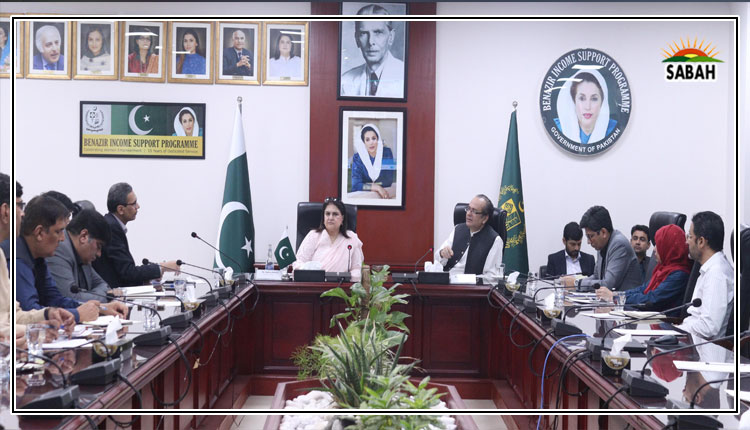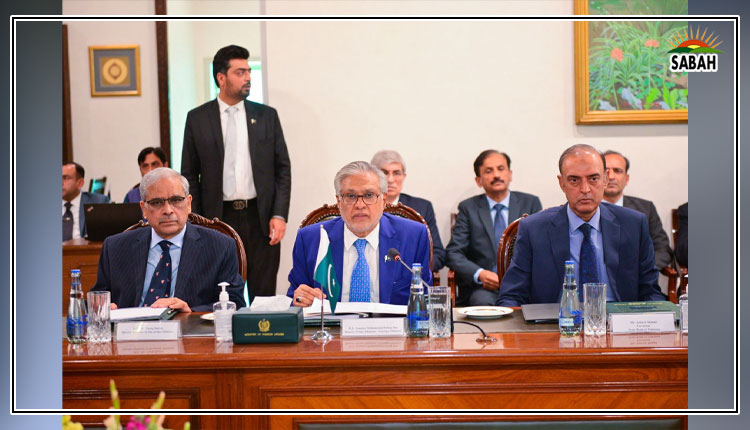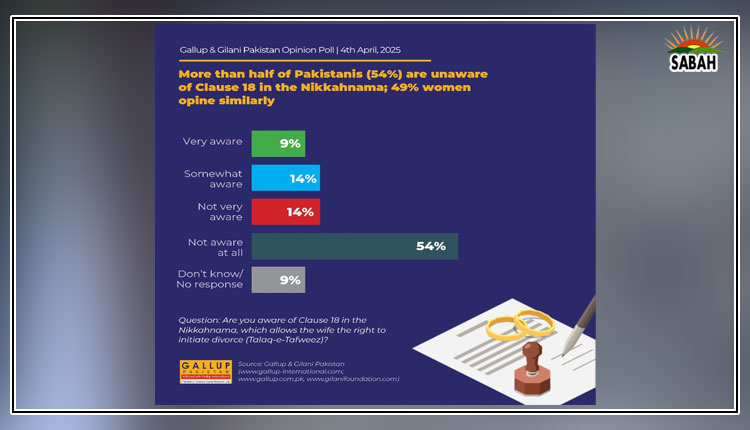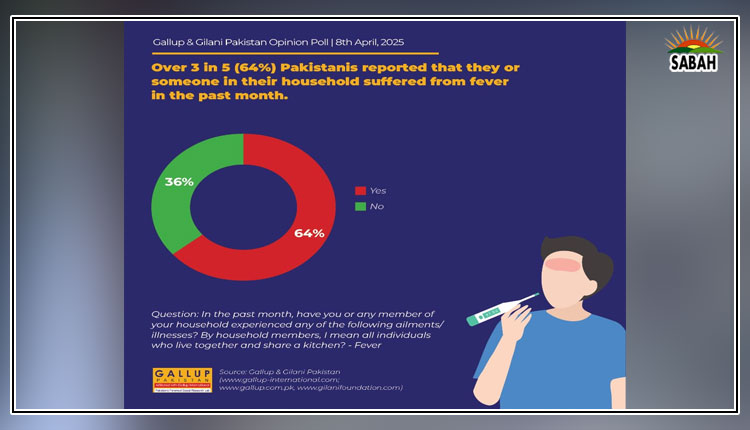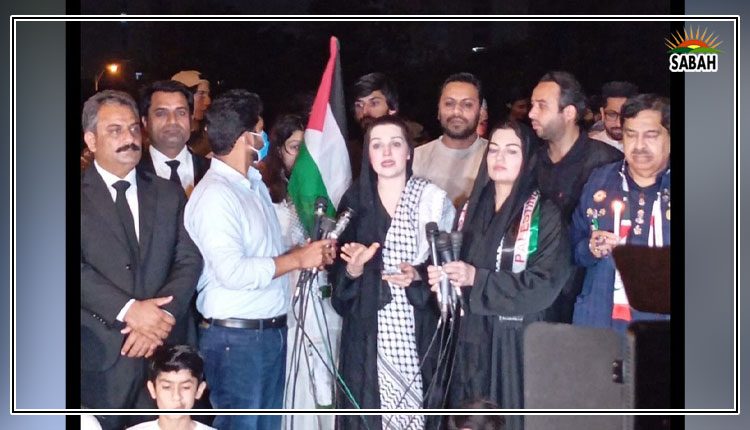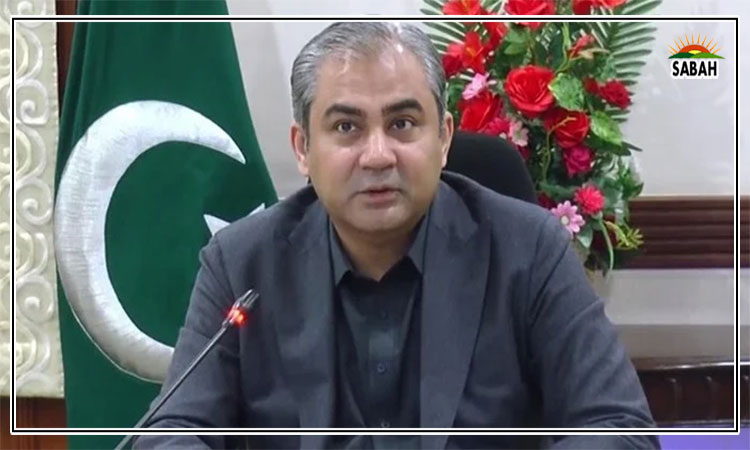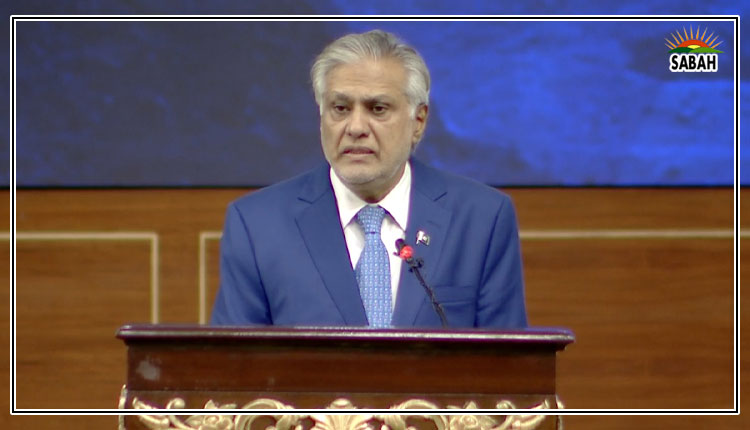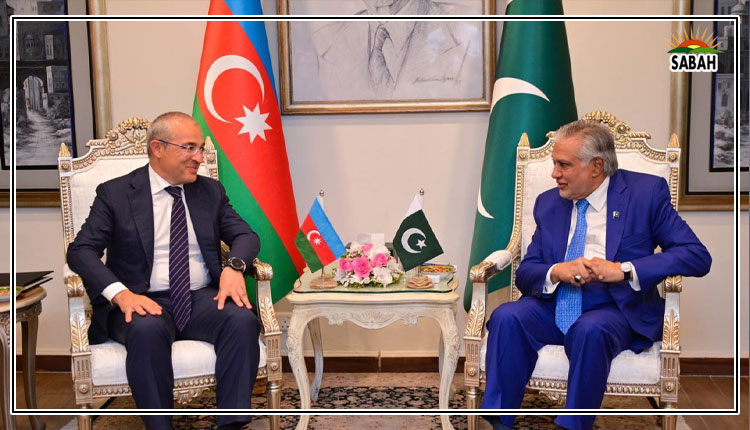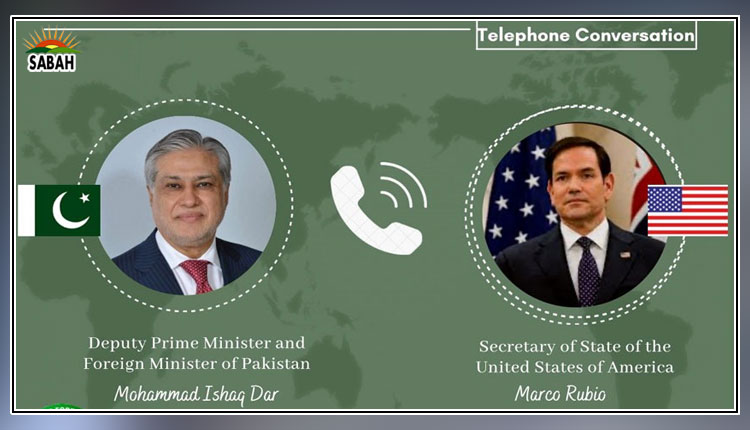Tourism travails…Obaid Khan
I have had the privilege of living in an eclectic mix of cities over the years Geneva, Istanbul, Dhaka and London to name a few. Due to my fond memories of my time in Switzerland, comparisons of northern Pakistan to Switzerland have always piqued my curiosity.
I used to ask myself, Is northern Pakistan really Switzerland-esque? On my recent trip to the Kumrat Valley, I realized its not.
There is an extreme dearth of airports in the region. The closest international airport is in Islamabad. A road trip from Islamabad to Kumrat is an agonizing 14-hour journey. And it takes this long when everything goes according to plan, which often does not. Traffic jams caused by landslides, vehicles breaking down due to being driven on unforgiving, unpaved roads, and the general shortage and unavailability of fuel can increase travel times several fold.
The shorter route a flight from Islamabad to Chitral, the closest domestic airport to the valley still involves a 7-hour road trip under perfect conditions. On the other hand, a cross-country drive from Geneva Airport to Chamonix-Mont-Blanc, located in the French Alps and bordering both Italy and Switzerland, takes a mere 70 minutes.
How does Pakistan expect to attract foreign tourists given the lack of provision of amenities available to them in touristic hubs such as Istanbul and Dubai? In fact, northern Pakistan lacks the necessities required for tourism to thrive. In winter, unlike Chamonix-Mont-Blanc, much of the region shuts down rather than doubling down as a skiing resort.
Instead of cable cars making the area accessible, tourists are forced to rely on visibly overworked and overburdened horses and donkeys to commute. Also, tour guides and travel agencies are often deceptive in terms of over-promising and under-delivering to their clients. Shockingly, at times, these experts have never been to the region and are navigating the space for the very first time themselves, much like their clients.
Although one might view the aforementioned services as luxuries, rest assured, the region does not offer access to basic necessities such as waste collection or sanitation facilities either.
In my four-day trip, I did not come across any clinics, hospitals or schools. Then again, the quality of education administered at our schools is substandard. The state choosing what knowledge to dispense based on what suits its agenda has resulted in our education system producing individuals who are ill-equipped to function in the real world and are resultantly at risk of getting left behind.
Being an economist at heart, I will be doing myself an injustice if I fail to state the importance of paternalism, especially in developing countries where state intervention is sometimes necessary to ensure that less-informed individuals are protected from harm. To show how schools and hospitals contribute to human development, government intervention is needed to improve the standard of living of the region. This, in turn, will make the region feel more welcoming to tourists.
Then there is the aspect of safety and security. The lack of police presence in the area combined with a lack of internet and cellular reception to call for help certainly does not help.
Pakistan is years behind other countries in terms of services provided to tourists in the region. And perhaps decades behind in terms of how unsafe and unwelcome it makes tourists feel.
Courtesy The News


